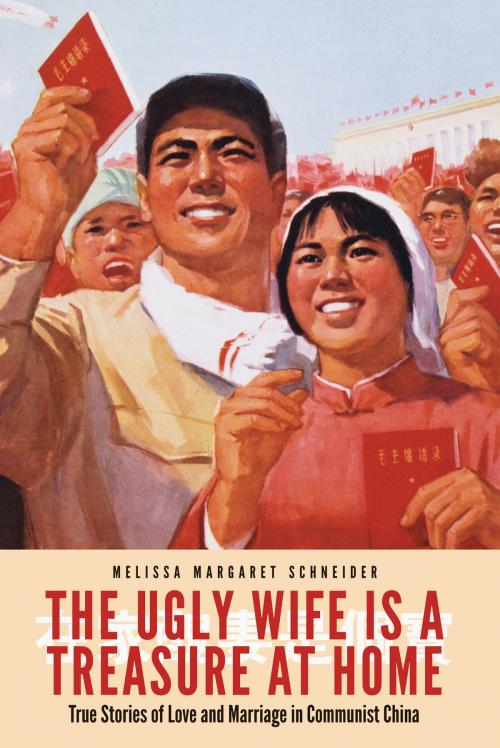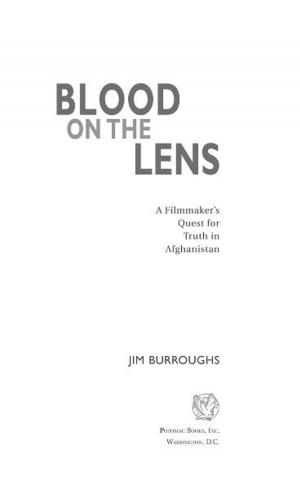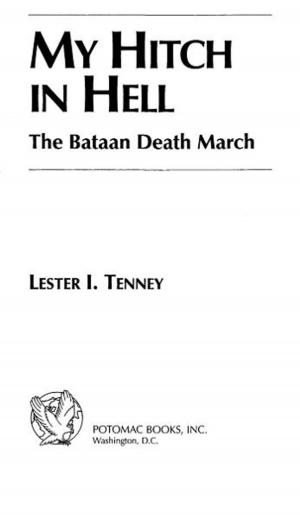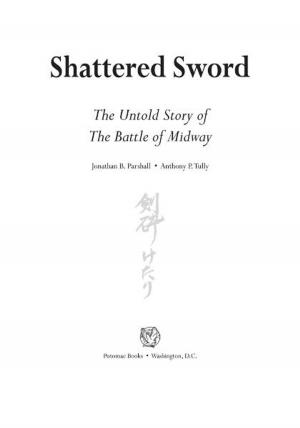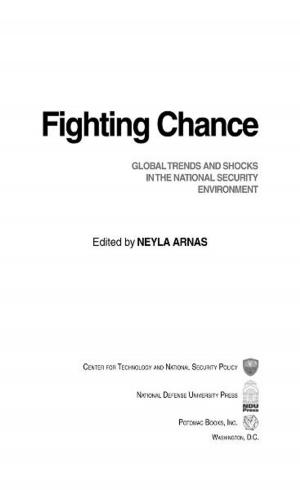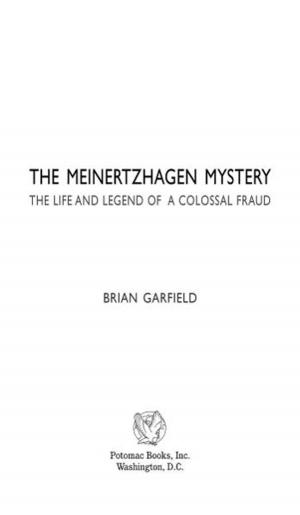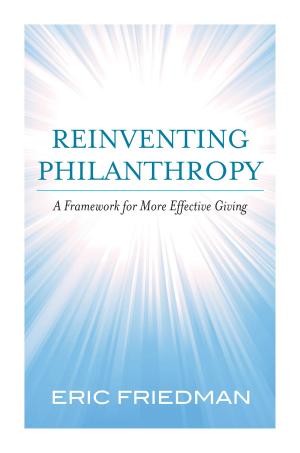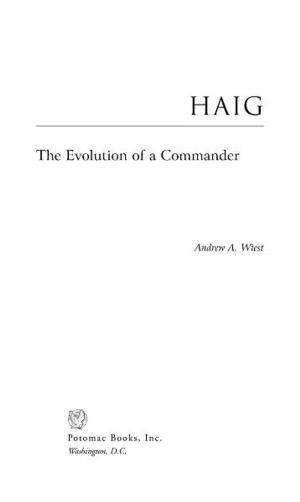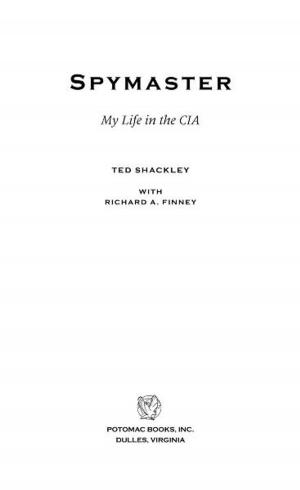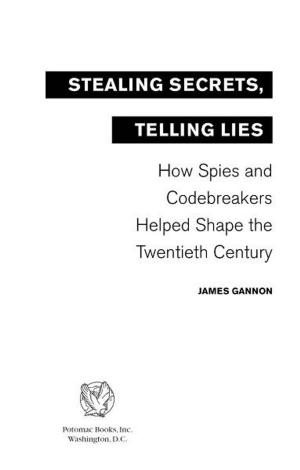The Ugly Wife Is a Treasure at Home
True Stories of Love and Marriage in Communist China
Nonfiction, History, Asian, China| Author: | Melissa Margaret Schneider | ISBN: | 9781612347042 |
| Publisher: | Potomac Books Inc. | Publication: | August 15, 2014 |
| Imprint: | Language: | English |
| Author: | Melissa Margaret Schneider |
| ISBN: | 9781612347042 |
| Publisher: | Potomac Books Inc. |
| Publication: | August 15, 2014 |
| Imprint: | |
| Language: | English |
ôThe ugly wife is a treasure at homeö is not just an idle expression in China. For centuries, Chinese marriage involved matchmakers, child brides, dowries, and concubines, until the PeopleÆs Republic of China was established by Mao Zedong and his Communist Party in 1949. Initially encouraging citizens to reject traditional arranged marriages and instead wed for love, the party soon spurned ôthe sin of putting love first,ö fearful that romantic love would distract good Communists from selflessly carrying out the StateÆs agenda. Under Mao the party established the power to approve or reject proposed marriages, dictate where couples would live, and even determine if spouses would live together. By the 1960s and 1970s romantic love became a counterrevolutionary act punishable by ôstruggle sessionsö or even imprisonment. The importance of Chinese sons, however, did not wane during MaoÆs thirty-year regime. As such, in a world where nobody spoke of love, 99 percent of young women still married.
The Ugly Wife Is a Treasure at Home draws the reader into the world of love in Communist China through the personal memories of those who endured the Cultural Revolution and the generations that followed. This collection of intimate and remarkable stories gives readers a rare view of Chinese history, social customs, and Communism from the perspective of todayÆs ordinary citizens.
ôThe ugly wife is a treasure at homeö is not just an idle expression in China. For centuries, Chinese marriage involved matchmakers, child brides, dowries, and concubines, until the PeopleÆs Republic of China was established by Mao Zedong and his Communist Party in 1949. Initially encouraging citizens to reject traditional arranged marriages and instead wed for love, the party soon spurned ôthe sin of putting love first,ö fearful that romantic love would distract good Communists from selflessly carrying out the StateÆs agenda. Under Mao the party established the power to approve or reject proposed marriages, dictate where couples would live, and even determine if spouses would live together. By the 1960s and 1970s romantic love became a counterrevolutionary act punishable by ôstruggle sessionsö or even imprisonment. The importance of Chinese sons, however, did not wane during MaoÆs thirty-year regime. As such, in a world where nobody spoke of love, 99 percent of young women still married.
The Ugly Wife Is a Treasure at Home draws the reader into the world of love in Communist China through the personal memories of those who endured the Cultural Revolution and the generations that followed. This collection of intimate and remarkable stories gives readers a rare view of Chinese history, social customs, and Communism from the perspective of todayÆs ordinary citizens.
